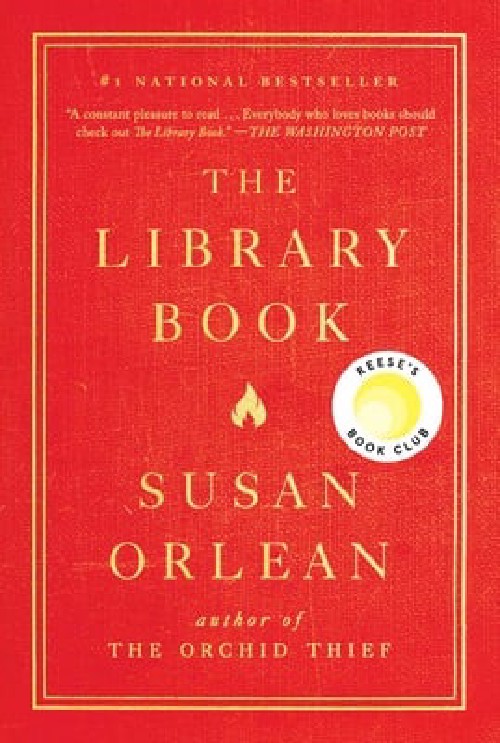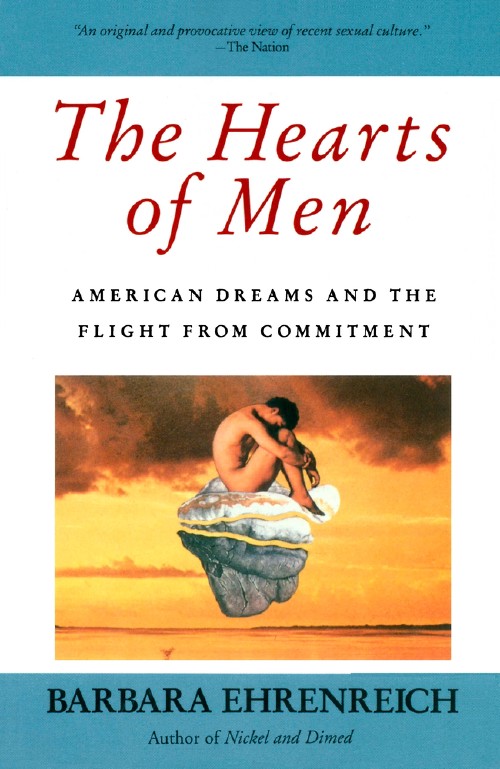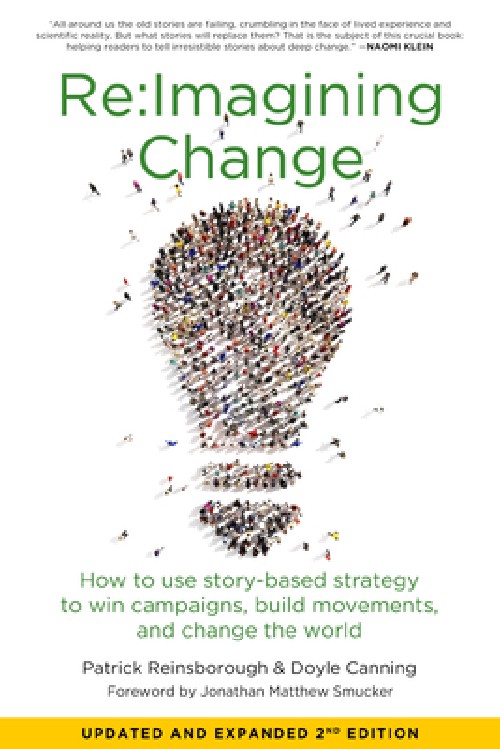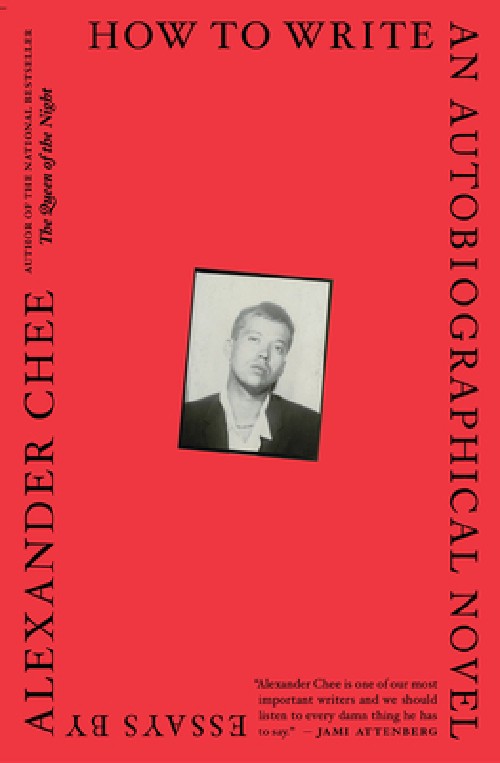As a history book, The Master Switch is a good examination of how various communications mediums and industries (telephone, cinema, radio, tv, etc) have grown and shrunk in the past 150 years or so. But Wu claims that these histories unlock for us principles that we can use to understand these patterns; a claim I felt unsupported after finishing the book.
If there are reliable patterns in the stories of communication medium monopolies I have no doubt we’d learn much from them. But every medium and resulting industry Wu examines have completely unique narratives. These extreme discrepancies require a strong case must be made in support of patterns between them. Wu, in my opinion, does not make his arguments strongly, preferring to tell the stories and assume that the overlaps were obvious in the narratives and need no deeper elucidation. These gaps in his arguments left me feeling that any insights he desires to bring to current issues of media and internet are anecdotal at best and thus not extremely persuasive for developing an overarching theory.
Because of these flaws I finished the book feeling richer in my understanding of the American-centric history of communication mediums and industry in the 20th century but lacking any new insights to the ongoing questions I have about the monopolies that are rapidly rising for information distribution in the modern era.



